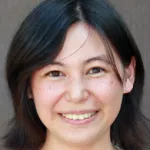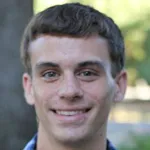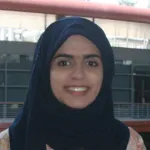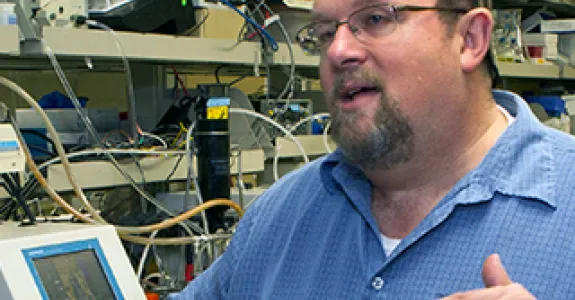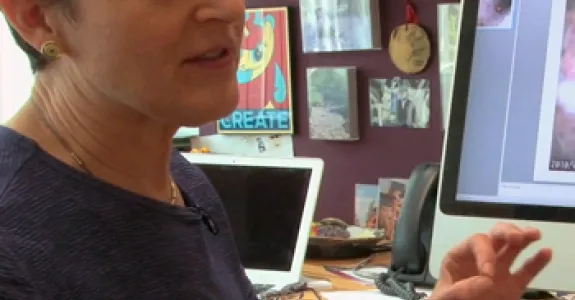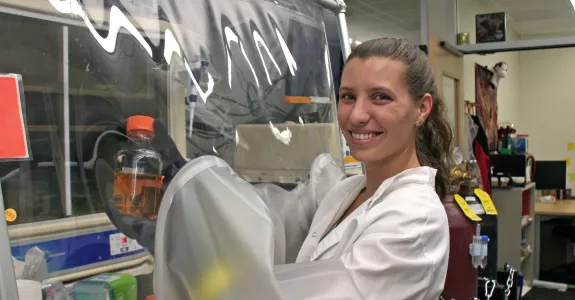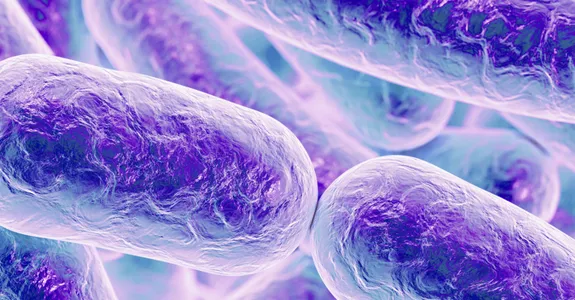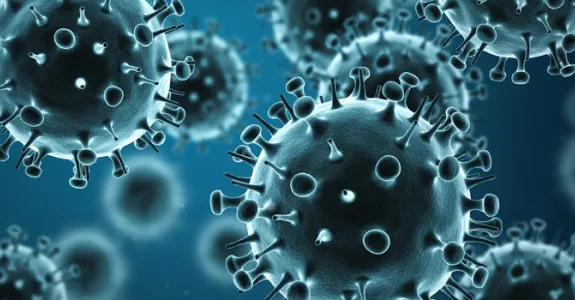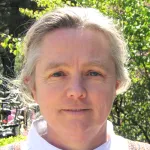
Trained in the French school of Data Analysis in Montpellier, Dr. Susan Holmes has been working in non parametric multivariate statistics applied to Biology since 1985. She has taught at MIT, Harvard and was an Associate Professor of Biometry at Cornell before moving to Stanford in 1998. She created the Thinking Matters class: Breaking Codes and Finding patterns and likes working on big messy data sets, mostly from the areas of Immunology, Cancer Biology and Microbial Ecology. Her theoretical interests include applied probability, MCMC (Monte Carlo Markov chains), Graph Limit Theory, Differential Geometry and the topology of the space of Phylogenetic Trees. She wrote the book
Modern Statistics for Modern Biology with Wolfgang Huber from EMBL and teaches the material as a crash course (BIOS221) regularly every year. Her current focus is improving the statistical analyses and reproducibility of data in perturbation studies of the Human Microbiome.
Dr. Holmes's lab's work focuses on large heterogeneous multi-layer data analyses. Whether using image analysis and segmentation for the study of cancer and immune cell interactions, or brain imaging and DNA sequence analyses for the study of dependencies between genetic and neurological dynamics, all these statistical studies have involved large complex datasets of different types where dynamics of interactions between different components of a system are the key to understanding the underlying biology.
The lab uses computational statistics, multitable and nonparametric methods such as the bootstrap and Bayesian MCMC computation of complex posterior distributions to draw inferences about complex biological phenomena such as:
- complex dynamics and interactions in the immune system
- ant colonies
- drug resistant mutations in HIV
- differential geometrical approaches to statistics
- brain development through image analysis and genetics
- comparing trees and networks using informed distances
- the dynamics of the human microbiome
- understanding resilience after perturbations
- design of perturbation experiements

